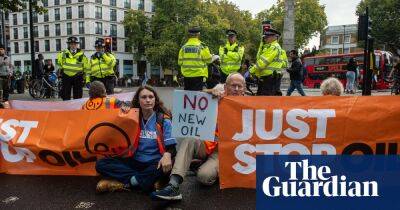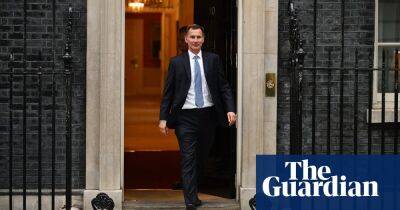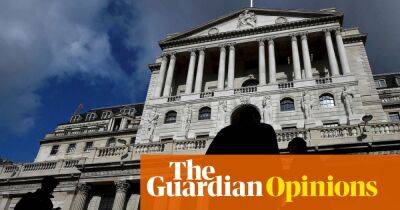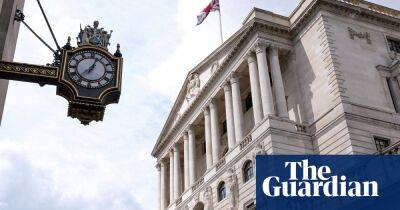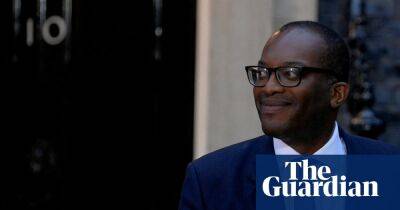Bank’s intervention may not mark the end of market mayhem
Things are moving fast in the financial markets. On Monday the governor of the Bank of England, Andrew Bailey, put out what he hoped would be a calming statement. Within 24 hours it was clear words alone were not going to be enough. There was evidence of a run on pension funds that was forcing them into a fire sale of their assets.
As a result, Threadneedle Street has been forced to step up its policy response. In a “whatever it takes” moment, the Bank said it would buy an unlimited amount of government gilts to stem the market panic. This represents a U-turn for an institution that less than a week ago pledged to start actively running down its stock of government bonds, but the Bank was left with no alternative.
On Tuesday night, the interest rate – or yield – on any new long-term government borrowing had risen to 5% – the highest level since the global financial crisis of 2008. The rapid upward move in gilt yields had implications for mortgage rates, overdrafts, company loans and for pension funds.
In the City’s money markets, traders were predicting that the Bank would need to raise interest rates from 2.25% to 6% – a level that would be ruinous for an economy already in the early stages of recession.
As a result, the Bank has responded with a new, temporary and targeted round of quantitative easing (QE) – the bond buying programme that it originally launched in early 2009. The Bank bought more gilts after the Brexit vote in 2016 and again stepped into the market in response to the Covid-19 pandemic.
This was the fourth round of QE, and is intended to provide the government with some much needed breathing space and avoid the need for an emergency increase in interest, although that may prove necessary anyway if the boost
Read more on theguardian.com


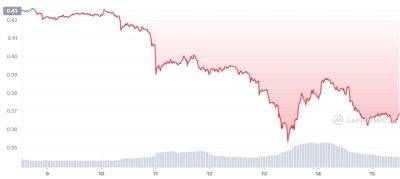




![Will Google help Litecoin [LTC] pass its near-term bearish hurdles - ambcrypto.com - city Santimentbut - city Santimentsince](https://finance-news.co/storage/thumbs_400/img/2022/10/15/45003_cnq6.jpg)






